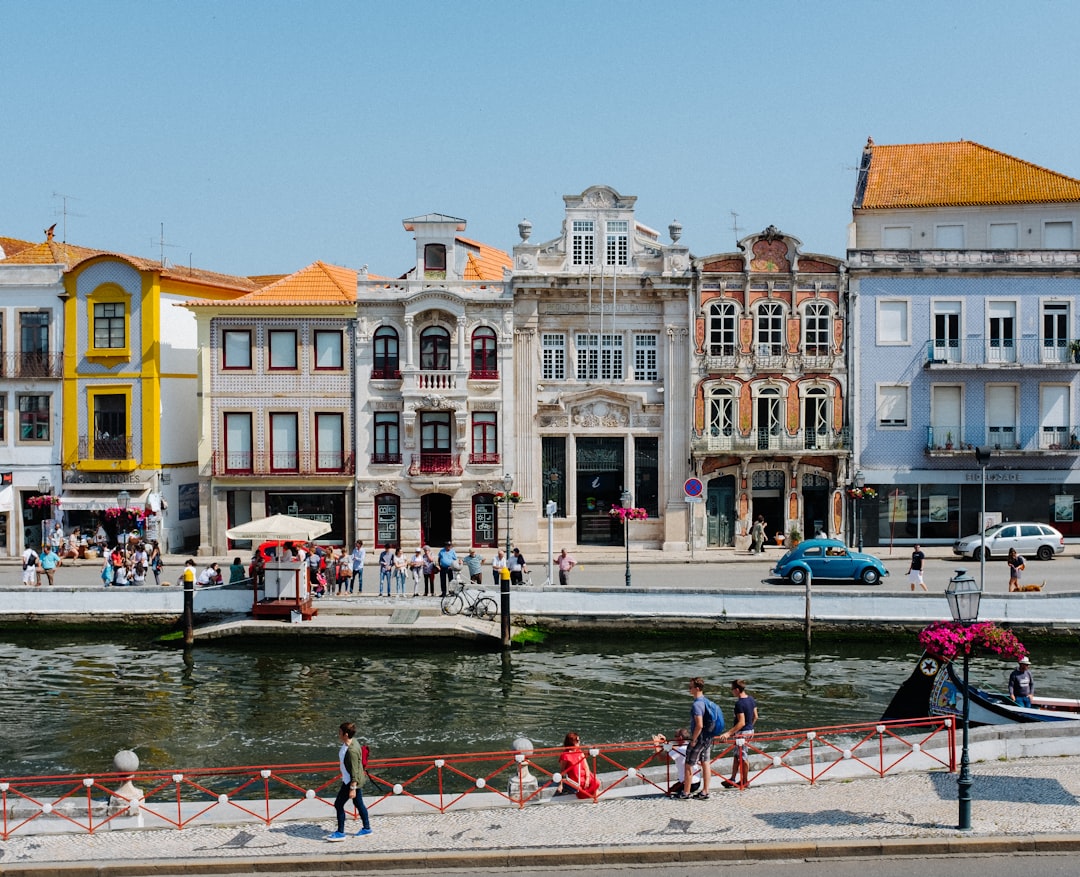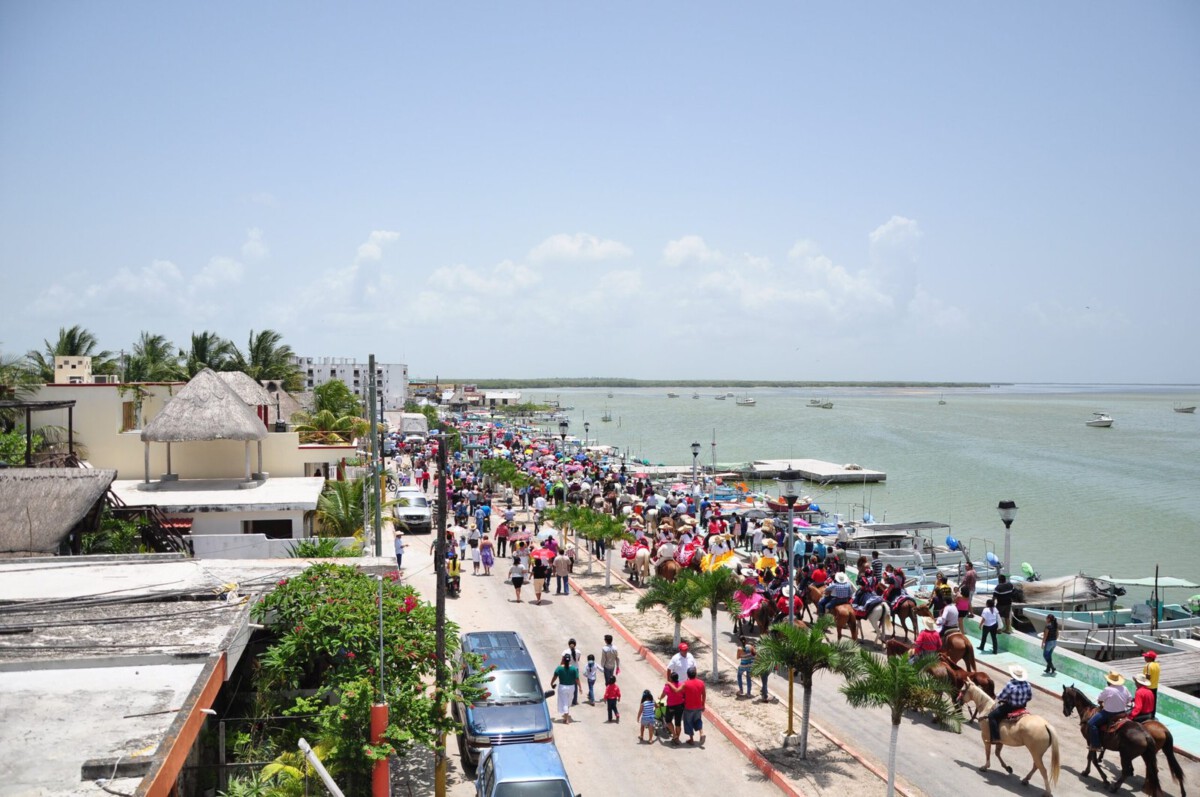Portugal: A Warm Welcome Awaits

Portugal’s charm doesn’t just come from its cobblestone streets or golden beaches—it radiates from its people. In 2024, the European Travel Commission reported that an impressive 85% of tourists had positive interactions with Portuguese locals. It’s not rare to see a resident pause their day to help a lost traveler in Lisbon or offer a friendly recommendation in Porto. The Portuguese reputation for hospitality is so strong that many visitors return just for the sense of belonging they feel. With tourism contributing about €20 billion to the Portuguese economy in 2023, locals recognize its value and treat visitors like honored guests. Annual festivals, like the Festa de São João in Porto, actively encourage tourist participation. This openness isn’t just a marketing trick—it’s a heartfelt way of life, visible in the everyday kindness extended to strangers.
New Zealand: Manaakitanga in Action

New Zealanders, or “Kiwis,” have a word—manaakitanga—that sums up their approach to visitors: hospitality, generosity, and care. According to a 2025 Tourism New Zealand report, a remarkable 90% of tourists felt genuinely welcomed. This figure isn’t surprising for anyone who’s been greeted by a friendly “Kia ora!” in Auckland or offered local tips by a guide in Queenstown. The country’s 15% surge in international visitors in 2024 shows how much travelers value this kindness. Local businesses often invite tourists into their homes or onto their farms for authentic experiences. Maori cultural welcomes, called pōwhiri, regularly include tourists, letting them share in traditions that are centuries old. Hospitality here isn’t just a custom—it’s a point of national pride.
Japan: Politeness Woven into Everyday Life

Japan might be best known for its cherry blossoms and neon lights, but it’s the respectfulness of its people that often leaves the deepest impression. In 2023, the Japan National Tourism Organization found that 80% of visitors felt locals were eager to assist them, whether that meant guiding someone in a busy Tokyo subway or helping with a tricky vending machine. The country’s cultural emphasis on politeness makes every interaction smooth and pleasant. Major cities have invested heavily in making tourism easy, with tourist-friendly signs and multilingual staff. In 2024, tourist satisfaction rose by 10%, reflecting these efforts. Festivals like Gion Matsuri in Kyoto invite tourists to join in, blurring the line between visitor and local. Japan’s unique blend of tradition and modernity, paired with its warmth, makes it stand out on any traveler’s list.
Costa Rica: Pura Vida, Pure Hospitality

Costa Rica’s “Pura Vida” lifestyle—meaning “pure life”—extends to everyone who enters its borders. In 2024, the Costa Rican Tourism Board reported that 88% of tourists felt welcomed by locals, a testament to the country’s easygoing, friendly spirit. From rainforest lodges to surf towns, residents go out of their way to make visitors feel at home. The tourism sector, accounting for 8.2% of the national GDP in 2023, is vital, so hospitality is taken seriously. Community-run eco-tours are common, with locals sharing their deep knowledge of nature and wildlife. Whether sipping coffee in San José or hiking in Monteverde, visitors are often treated like family. This openness is more than just a business strategy—it’s a way of life.
Thailand: The Land of Smiles Lives Up to Its Name

Thailand’s nickname—the “Land of Smiles”—is more than just clever branding. According to a 2025 report by the Tourism Authority of Thailand, a stunning 92% of foreign visitors felt welcomed. Thais are famous for their gentle approach, eager to share their culture and cuisine with outsiders. The country’s $60 billion tourism industry in 2023 means that many livelihoods depend on tourism, further encouraging locals to be gracious hosts. In cities and small towns alike, visitors are invited to join in festivals like Songkran, where everyone becomes part of the celebration. Street vendors, hotel staff, and even strangers on the street often go out of their way to help a lost or confused traveler. Smiling isn’t just common in Thailand—it’s practically a national pastime.
Iceland: Small Population, Huge Heart

Iceland’s appeal isn’t limited to its volcanic landscapes and northern lights. A 2024 survey by Visit Iceland revealed that 87% of tourists enjoyed positive interactions with locals. With a population of just under 400,000, Icelanders are used to seeing visitors and often treat them like friends, not strangers. Tourism’s 10% contribution to national GDP in 2023 underscores its importance, and residents readily share their folklore and traditions. It’s common for guides to tell personal stories or for hosts to invite guests for homemade meals. The 20% rise in visitors in 2023 hasn’t diminished this friendliness—if anything, it’s reinforced the national pride in sharing Iceland’s wonders. Even in remote villages, warmth and hospitality are never in short supply.
Canada: Friendly Faces from Coast to Coast

Canada’s reputation for politeness isn’t exaggerated. In 2023, Destination Canada found that 85% of foreign tourists felt welcomed by locals. Whether in bustling Toronto or scenic Vancouver, visitors experience a mosaic of cultures that makes everyone feel at home. Investments in tourism infrastructure led to a 12% increase in visitor satisfaction in 2024, according to the same study. Canadians are known for their helpfulness—don’t be surprised if someone offers directions before you even ask. Local festivals, such as Montreal’s Jazz Festival, encourage mingling between residents and visitors. This open, friendly attitude is part of what keeps Canada near the top of global tourism rankings year after year.
Greece: Hospitality Woven into History

Greek hospitality, or “philoxenia,” is legendary and dates back to ancient times. According to a 2025 Greek National Tourism Organization report, 90% of tourists said locals made them feel truly welcome. Tourism is a cornerstone of the Greek economy, bringing in around €18 billion in 2023, and locals embrace their role as cultural ambassadors. Visitors are often invited to family meals or traditional celebrations, especially in smaller towns and villages. Major festivals, such as Athens’ Epidaurus Festival, integrate tourists into the local community. The generosity and open-heartedness of Greeks leave many travelers with lifelong memories—and a desire to return.
Mexico: Fiesta Spirit and Open Arms

Mexico’s vibrant culture is matched only by the warmth of its people. The Mexican Tourism Board’s 2024 survey showed that 88% of international visitors felt genuinely welcomed. With tourism contributing over $40 billion to the economy in 2023, it’s no wonder locals are eager to show off their country. In places like Oaxaca or Mérida, it’s common for residents to invite travelers to join in local fiestas or meals. Festivals like Día de los Muertos aren’t just for show—tourists are encouraged to participate, deepening their connection to the community. Even in busy cities, the kindness of locals shines through, making Mexico a favorite for repeat travelers.
South Africa: Rainbow Nation, Open Hearts

South Africa’s nickname, the “Rainbow Nation,” reflects its diversity—and its hospitality. In 2025, South African Tourism reported that 82% of visitors felt welcomed by residents. Tourism’s 9% contribution to GDP in 2023 highlights its importance. From Cape Town’s cosmopolitan vibe to Johannesburg’s dynamic energy, locals are eager to share their stories and culture. Guided township tours and traditional braais (barbecues) often turn tourists into friends. Festivals celebrating everything from jazz to heritage invite visitors to immerse themselves fully. The genuine interest in connecting with outsiders makes South Africa stand out as a destination with heart.
France: A Mixed Bag of Hospitality

France’s global popularity as a tourist magnet is complicated by mixed reports of local attitudes. A 2024 study indicated only 60% of tourists found Parisians particularly welcoming, compared to other French regions. Language barriers and cultural differences often play a role, with some visitors feeling snubbed in the capital. However, outside Paris, regions like Provence, Normandy, and Brittany are renowned for their warmth and openness to foreigners. Local tourism boards have made efforts to improve visitor experiences, but the contrast between urban and rural hospitality remains noticeable. Travelers often find that a few words of French and a smile go a long way in breaking the ice.
Italy: Beauty (and Tourist Fatigue) in the Eye of the Beholder

Italy’s breathtaking scenery and culinary delights attract millions, but not all locals are thrilled about the ongoing influx. A 2023 study revealed that 55% of residents in heavily visited cities like Venice and Florence felt overwhelmed by tourists. This “tourist fatigue” can result in less welcoming attitudes, especially during peak travel seasons. Nonetheless, in less crowded regions such as Sicily or Umbria, visitors often experience genuine warmth and hospitality. The disconnect between major tourist hubs and rural areas is growing, with local governments exploring ways to balance tourism and community well-being. Italian hospitality is still alive and well—you just might have to venture off the beaten path to find it.
Spain: Contrasts Across the Country

Spain’s allure is undeniable, but attitudes toward tourists can vary widely by region. According to a 2025 tourism report, only 65% of visitors felt that locals in major tourist hotspots like Barcelona were friendly, a figure lower than in quieter areas. Overcrowding and rising living costs have stirred local resentment in some cities, fueling anti-tourism protests in recent years. However, regions like Andalusia and Galicia buck the trend with their famed hospitality and welcoming spirit. The disparity makes it clear that travelers looking for authentic Spanish warmth should consider exploring lesser-known destinations.
Conclusion

While many countries open their arms to tourists with genuine warmth—celebrating cultural exchange and hospitality—others remain cautious, shaped by concerns over overcrowding, cultural erosion, or political tensions. Recognizing where you’re truly welcomed not only enhances your travel experience but also fosters more respectful and meaningful connections. So, as you plan your next adventure, ask yourself: Are you choosing a destination that’s as excited to meet you as you are to explore it?



